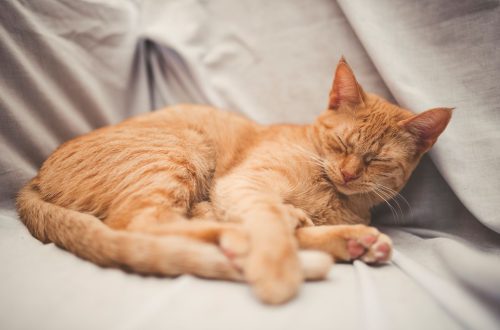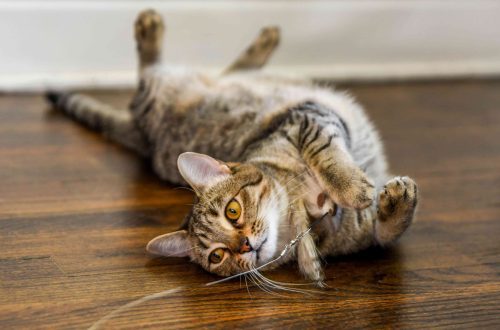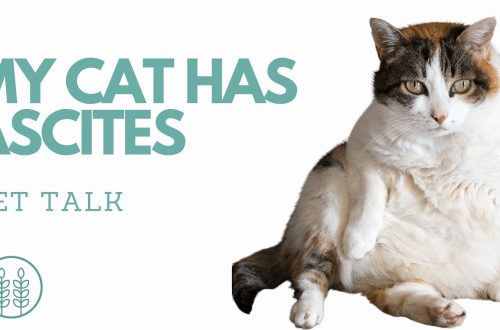
The cat eats the earth. What to do?
Contents
Knowledge of the world around
Kittens and young cats may taste the ground or chew on other non-edible items as part of normal exploratory behavior. In this case, it is desirable to switch the attention of the kitten from the plant pot to other objects that are more suitable for chewing. Offer the kitten new toys, including those that you can gnaw and chew. It is important not to maintain the habit of tasting houseplants and digging in the ground, as some houseplants can be very toxic to cats (for example, representatives of lilies), and eating the earth can cause vomiting and diarrhea, and the appearance of the apartment after the “trial” with a flower usually leaves much to be desired.
Some cats and kittens sometimes start using flower pots as an additional tray, which does not fit at all with the idea of uXNUMXbuXNUMXbmost cat owners about a home idyll. Therefore, if a cat or kitten persistently and persistently pays attention to a house plant, and distraction methods do not help, it is recommended to remove this object of attention completely so as not to reinforce unwanted forms of behavior.
Lack of attention
Boredom, the monotony of the environment, lack of attention from the owner can provoke unusual pet behavior. For example, if a cat is given little attention, and as soon as she starts digging in a pot, everyone suddenly starts running, screaming, picking her up, then it is quite possible that in her mind this will be a good way to get rid of boredom and get the attention she needs. Therefore, try to make the life of the cat within the apartment as varied and interesting as possible (as far as possible). Buy new toys, set up new places to sleep, view and observe, lay out dry food pellets in unusual places – this will stimulate exploratory behavior. And finally, play with your cat every day for at least 10-15 minutes.
perverted eating behavior
This phenomenon is quite common in domestic cats (more often in exclusively domestic cats) and is usually characterized by eating inedible objects: it can be earth, wool, paper, wood, litter for a litter box, thread or different types of fabrics. This pathology is described in all cats, but it is believed that representatives of the Burmese (not to be confused with the Burmese) and Siamese breeds are more susceptible to this disease than others.
The reasons are considered to be early weaning of a kitten from its mother, under the age of 4 weeks, lack of communication with people, anxiety associated with separation from the owner, inability to develop exploratory behavior (when kept in a cage), lack of fiber in the diet. Often cats with perverted eating behavior have an addiction to one particular substance – for example, they chew only woolen things or paper items. This behavior may not be a problem, but only as long as it does not cause harm to the health of the cat and significant damage to its owners.
Nutrient deficiency in the diet
It is believed that the lack of nutrients in the diet or an unbalanced content of these substances can lead to perverse appetite and, as a result, to the eating of unusual objects. It can be soil, litter box, and even feces. Evaluate the diet of a cat or cat.
As a rule, animals fed on premium ready-made feeds do not experience a lack of nutrients and vitamins.
disease
A number of diseases can be accompanied by a perverted appetite – for example, leukemia, viral immunodeficiency, diabetes and diseases in which absorption and absorption of nutrients are disturbed (most often these are diseases of the gastrointestinal tract), anemia. Also, such changes in behavior may be the result of neoplasms (tumors) affecting the central nervous system.
Any manifestations of perverted appetite should first be sought by a veterinarian for advice and only after medical problems have been ruled out, other measures to eliminate such behavior should be taken.
Remember that early diagnosis and treatment of any disease is still the main factor influencing the prognosis.





